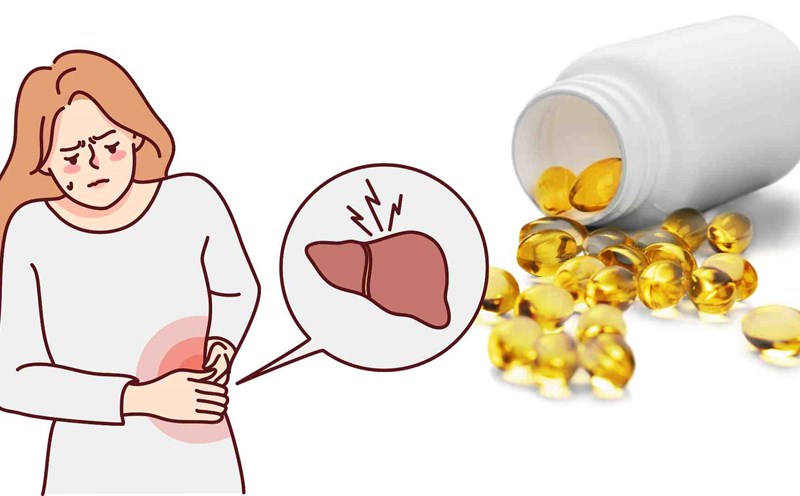Black rice has many outstanding uses such as kidney support, dialysis, blood supply, stomach warming, brightening eyes, blood cleansing, liver and intestines purification, feeding and nourishing tendons. Traditional medicine often uses black rice for dizziness, anemia, premature gray hair, knee pain, ear auction or chickenpox.
Eating black rice for a long time can help nourish the body, improve health and prolong life. In particular, because of its blood-healthy effects, black rice is very suitable for pregnant and postpartum women.
In terms of nutrition, every 100 grams of black rice contains about 10 grams of protein and many essential amino acids. Rice grains are rich in fiber and slow digestion starch, thereby not causing fluctuations in blood sugar like white rice.
In addition, black rice provides many important minerals such as iron, zinc, selenium, manganese and copper. The special thing is the black shell rich in anthocyanin, phage and flavonoids - powerful antioxidants that help protect health. However, the hard crust makes it difficult for the rice to cook, so it needs to be soaked overnight before processing.
Although rich in nutritional value, black rice also has some notes when using. Not properly cooked black rice porridge can cause indigestion, even causing acute gastroenteritis in young children, the elderly and the sick.
Newly recovered patients should eat purple brown rice before switching to black rice. In particular, black rice should not be eaten with Tetracycline because it can reduce the effectiveness of the drug.











